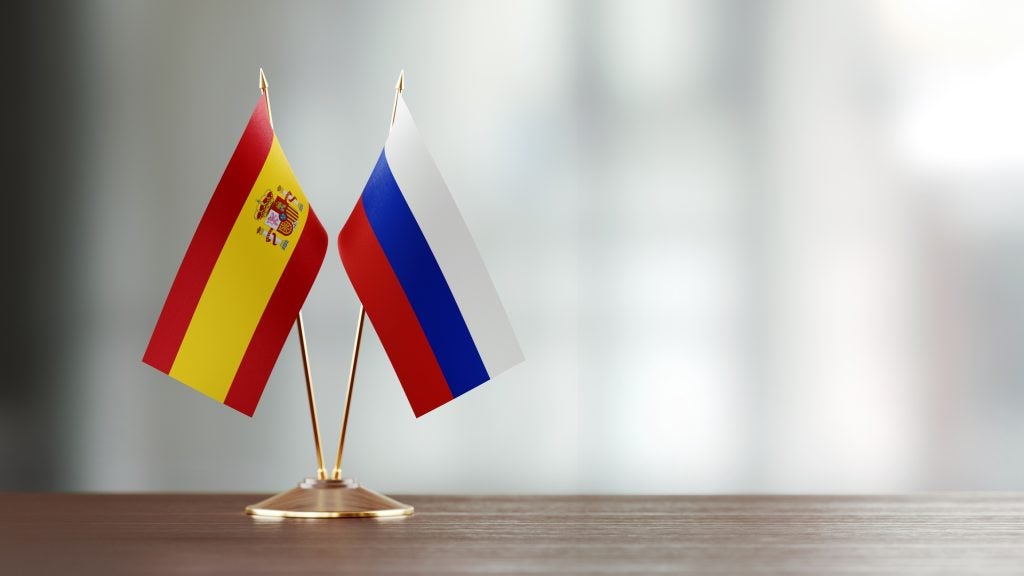Spain’s imports of Russian natural gas rose by 65% in July compared with the same month last year. The country is now Russia’s second-largest customer behind China.
The EU placed official sanctions on Russia’s seaborne crude oil and certain petroleum products in June 2022, but not on gas imports. Nonetheless, the bloc has urged member countries to stop buying Russian gas. In March 2023, EU Energy Commissioner Kadri Simson said members should “get rid of Russian gas completely as soon as possible”. In the same month, Spain’s Energy Transition Minister Teresa Ribera urged other countries not to sign liquefied natural gas (LNG) contracts with Russia, calling the situation “absurd”.
However, between January and July 2023, EU countries bought 22 million cubic metres of LNG, an increase of 40% since 2021. According to government data published on Friday, the share of Russian gas out of total imports in Spain rose to 28% in July. Ribera told Reuters there was no immediate plan to ban Russian gas, saying “there is this feeling of scarcity and fear”, which could prompt a spike in global prices.
International NGO Global Witness estimates that the EU’s total purchases of Russian LNG will be worth $5.29bn (€4.93bn) in 2023, making the bloc one of the Kremlin’s most important sources of revenue. Jonathan Noranha- Gant, analyst at Global Witness, said: “That national capitals are buying more LNG from Russia than before the war suggests we are simply not moving fast enough to replace gas with renewables. Governments need to wake up to the reality of our dependence on fossil gas and come up with an emergency plan for the full phase-out – starting with a ban on the trade of the Russian gas which is lining Putin’s pockets.”
Russia is currently finalising the route of the Siberia-2 gas pipeline to China, shoring up demand should its customers in Europe falter.









